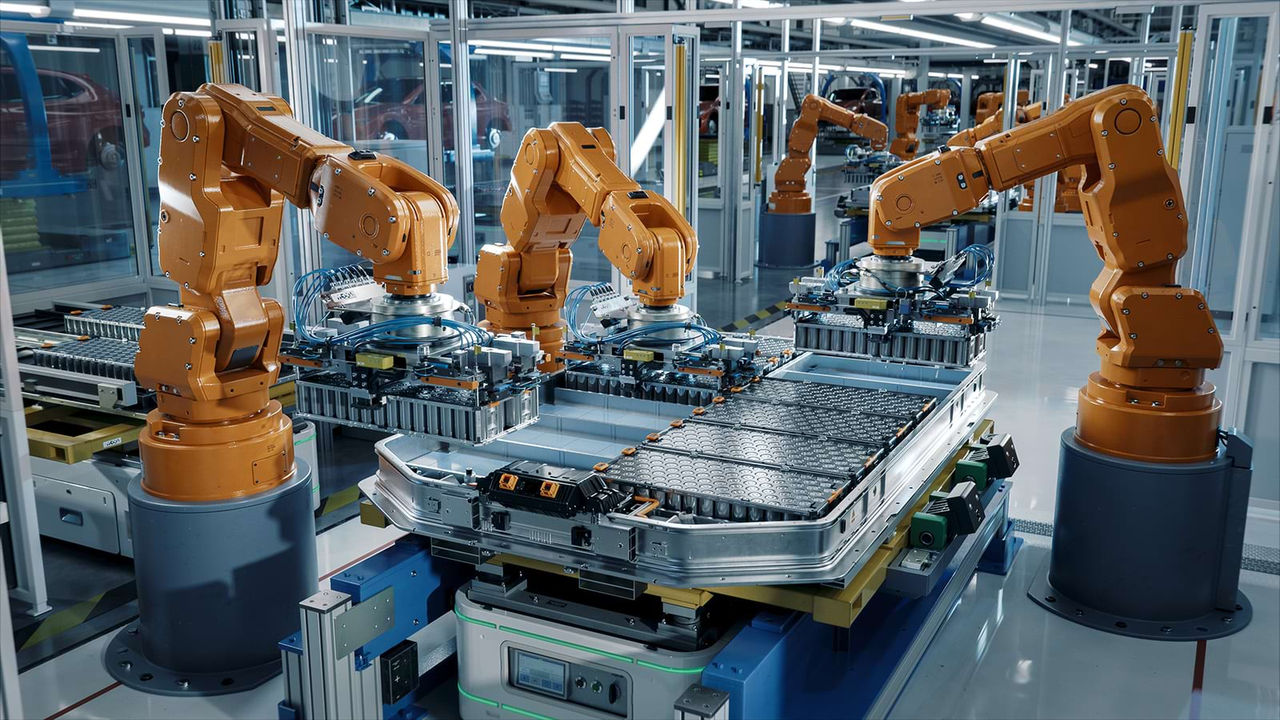{{item.title}}
{{item.text}}

{{item.text}}
Transforming so that you can accelerate your growth
Reimagining mobility for a connected, sustainable future.
The automotive industry is undergoing a seismic shift. Electrification, connectivity, autonomous technologies, and changing consumer behaviours are reshaping how vehicles are made, sold, and used.
India is at the heart of this transformation. With rising demand, policy support, and a growing innovation ecosystem, the country is poised to become a global mobility hub.
At PwC, we help automotive businesses navigate this change. Whether you're rethinking your supply chain, scaling EV production, or building digital platforms, we bring the strategy, technology, and trust needed to lead in a fast-moving market.
We help you navigate these challenges, so you can unlock new value and realise future vision.
India’s automotive industry is transforming. It’s no longer just about manufacturing vehicles—it’s about building mobility ecosystems. With evolving consumer expectations, rise in shared mobility solutions and a strong policy push, the sector is witnessing the reshaping of traditional ownership models, and is moving towards electrification, digitalisation, and sustainability.
The country is already one of the largest automotive markets globally. But to lead the next wave, it must scale EV production, invest in clean energy infrastructure, and rethink supply chains. The shift to electric and connected vehicles is creating new opportunities across OEMs, suppliers, and tech players.
Government initiatives including FAME II, PLI schemes, and state-level EV policies are accelerating this transition. At the same time, global players are looking to India as a strategic hub for innovation, sourcing, and exports.
The road ahead is bold, tech-enabled, and customer-centric. And we’re here to help you navigate it.

Kavan leads PwC India’s Automotive practice. He brings deep experience in strategy, transformation, and mobility innovation.
Where is value heading in automotive—and how do you capture it?
The next decade will redefine mobility. Value is shifting from hardware to software, from ownership to access, and from linear supply chains to circular ecosystems.
We help you anticipate these shifts and build a business that’s ready for what’s next—whether it’s scaling EVs, launching new platforms, or transforming operations.
The future of the automotive industry in India is in the process of being disrupted. Pollution, congestion, evolving business models and regulatory compliance are the top factors driving disruption in the automotive industry in India. New value chains are getting created amidst high levels of volatility in the market demand. Automotive OEMs and component companies will need to transform to succeed in this changing environment. A transformation in the structure, process and culture is needed to be agile, flexible and technology-enabled.
In recent years, there has been a rapid increase in vehicular emissions due to rapid urbanisation and industrialisation. Competition among automakers is also heating up as they attempt to differentiate themselves from each other with new features and technology. The advent of electric vehicles (EVs) in the automotive industry has also spurred changes in the buying behaviour of consumers while purchasing automobiles.

